A decade ago, if you had asked most people to name the world’s leading hubs for fintech innovation, you would have heard answers like Silicon Valley, London, or Singapore. But today, there’s another name that’s impossible to ignore: the Baltics. Lithuania, Latvia, and Estonia have quietly built one of the most vibrant fintech ecosystems in the world, revolutionizing the way payments work.
Juha Sillanpää, Group Country Manager, Finland and Baltics at Visa, sees the region as a “hotbed of payments innovation” and an example for the rest of the world. So what makes the Baltics so special? And what can other markets learn from this rising fintech force?
Why the Baltics Stand Out
Walk into a café in Vilnius, and you’ll likely find people tapping their phones to pay without thinking twice. Digital payments are second nature here, thanks to a highly educated and tech-savvy population. This has created the perfect environment for fintech solutions to take off at lightning speed.
But it’s not just about the people, it’s also about policy. “The Baltics have created a unique environment where fintech startups thrive,” says Juha. The Baltics have a regulatory system that actively encourages innovation. Instead of stifling fintech startups with bureaucracy, governments and central banks have taken a forward-thinking approach, making it easier for companies to test, refine, and scale new payment solutions.
And let’s talk about the startups. The Baltics have become a launchpad for globally recognized fintechs. With government-backed incubators, an influx of venture capital, and a strong talent pool, the region’s fintech ecosystem is booming. Companies are scaling fast, setting trends that the rest of the world is watching closely.
Lessons from Baltic Innovation
Imagine sending money to a friend and having it land in their account instantly. That’s already a reality in the Baltics. Real-time payments are the norm, setting a high standard for markets still struggling with slow bank transfers.
Then there’s Estonia’s e-residency program, which has completely changed the way business is done. Entrepreneurs from anywhere in the world can establish and run a company digitally, with secure online transactions backed by a robust digital identity system. This approach is shaping the future of global business operations.
The Baltics have fully embraced blockchain technology, using it for everything from financial transactions to secure digital contracts, driving transparency and efficiency.
Unlike other regions where regulation can feel like a roadblock, the Baltics use regulatory sandboxes to their advantage. These controlled environments allow fintechs to test their products in real-world conditions while ensuring compliance. It’s a win-win for both innovation and consumer protection.
“Innovation thrives in environments where businesses can test, learn, and iterate quickly. The Baltics have nailed this approach,” says Juha.

New Players: Threat or Opportunity?
“With fintechs popping up left and right, you might expect Visa to see them as competition. But that’s not the case” affirms Juha. Many of these newcomers bring fresh perspectives, contributing to the overall evolution of payments. In fact, many of them end up becoming valuable partners, enhancing Visa’s services and improving the payment experience for everyone.
“Of course, competition is real. But rather than resisting change, Visa embraces it” he adds. The pressure from new entrants keeps everyone on their toes, driving continuous innovation and better solutions for businesses and consumers alike. “At Visa, we don’t see fintechs as threats. We see them as partners who can help drive the industry forward,” says Juha.
Visa has a history of engaging with fintech startups, understanding that fostering innovation helps drive industry progress. By providing funding, expertise, and access to a global network, Visa ensures that the most promising ideas don’t just stay ideas, but that they become reality.
Join us at Baltic Fintech Days on April 2-3!
Visa’s Role in Fintech Growth
“Think of Visa as the backbone of fintech innovation” says Juha. Its suite of APIs makes it easy for startups to integrate payment processing, fraud prevention, and other critical services, allowing them to focus on what they do best, innovating.
Scaling globally is a major challenge for startups, but Visa removes that barrier with its vast infrastructure, enabling fintechs to expand beyond their home markets and reach customers worldwide with seamless payment options. At the same time, navigating regulations can be complex, but Visa’s deep expertise in security and compliance helps startups stay ahead of regulatory requirements while protecting them from fraud and cyber threats. “Our role extends beyond payments, focusing on enabling innovation,” says Juha.
And for those just getting started, Visa’s Fintech Fast Track Program offers crucial support to startups looking to navigate the complexities of scaling and regulation. It provides funding, mentorship, and strategic partnerships, helping fintechs accelerate their growth and bring their solutions to market faster.
Challenges in Payments
As payments speed up, so do fraud risks, requiring constant innovation to stay ahead of cybercriminals. Visa employs over 1 000 full time cybersecurity specialists globally and operates 3 Cybersecurity Fusion Centres on three different continents to ensure that the network operates every day of the year.
Just over the past five years, Visa has invested over €11 billion in technology, including to reduce fraud and to enhance network security.
“Last year, Visa proactively prevented an estimated EUR 39 billion in global fraud, contributing to our network’s fraud rates being among the lowest rates of any payment method. However, I strongly and personally believe that in order to successfully combat fraud, we need ensure that we as an industry collaborate closely to stay ahead of the cybercriminals,” Juha Sillanpää adds.
At the same time, financial inclusion remains a challenge, with millions still lacking access to digital payments. Ensuring fintech solutions reach underserved communities is essential for broader economic participation.
Cross-border transactions add another layer of complexity, as different financial networks don’t always integrate smoothly, creating friction in global payments. Meanwhile, the rise of digital currencies raises questions about how they fit into traditional finance while maintaining security and regulatory compliance. “The goal is not just faster payments but also smarter, safer, and more inclusive payments,” says Juha.
Join us at Baltic Fintech Days on April 2-3!
The Road Ahead
The Baltics have proven that size doesn’t matter when it comes to innovation. This small but mighty region is setting global benchmarks in payments, and companies like Visa are ensuring that the momentum doesn’t slow down. “The payments industry is evolving at lightning speed. The Baltics are at the forefront, and Visa is proud to be part of that journey,” says Juha.


